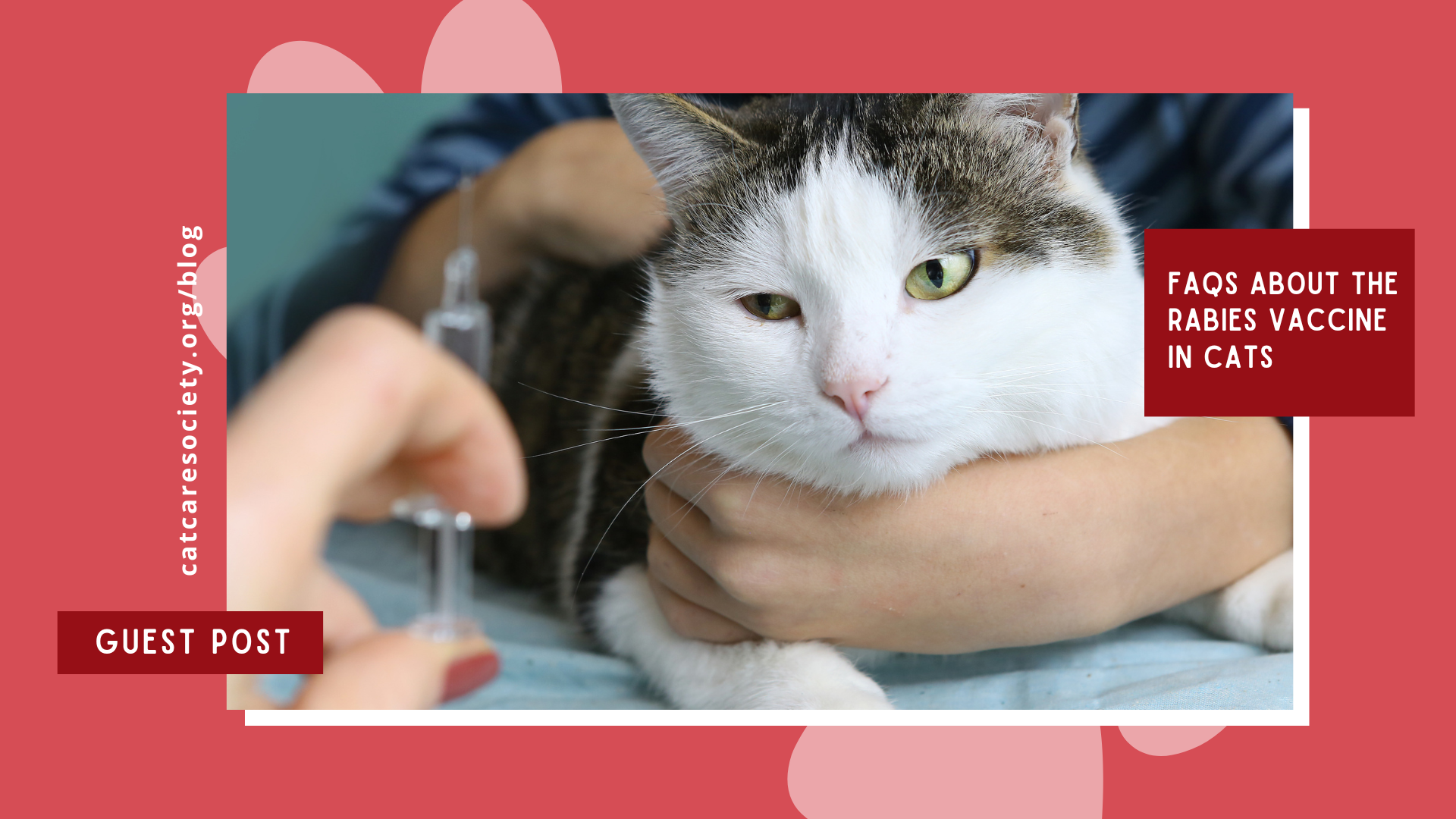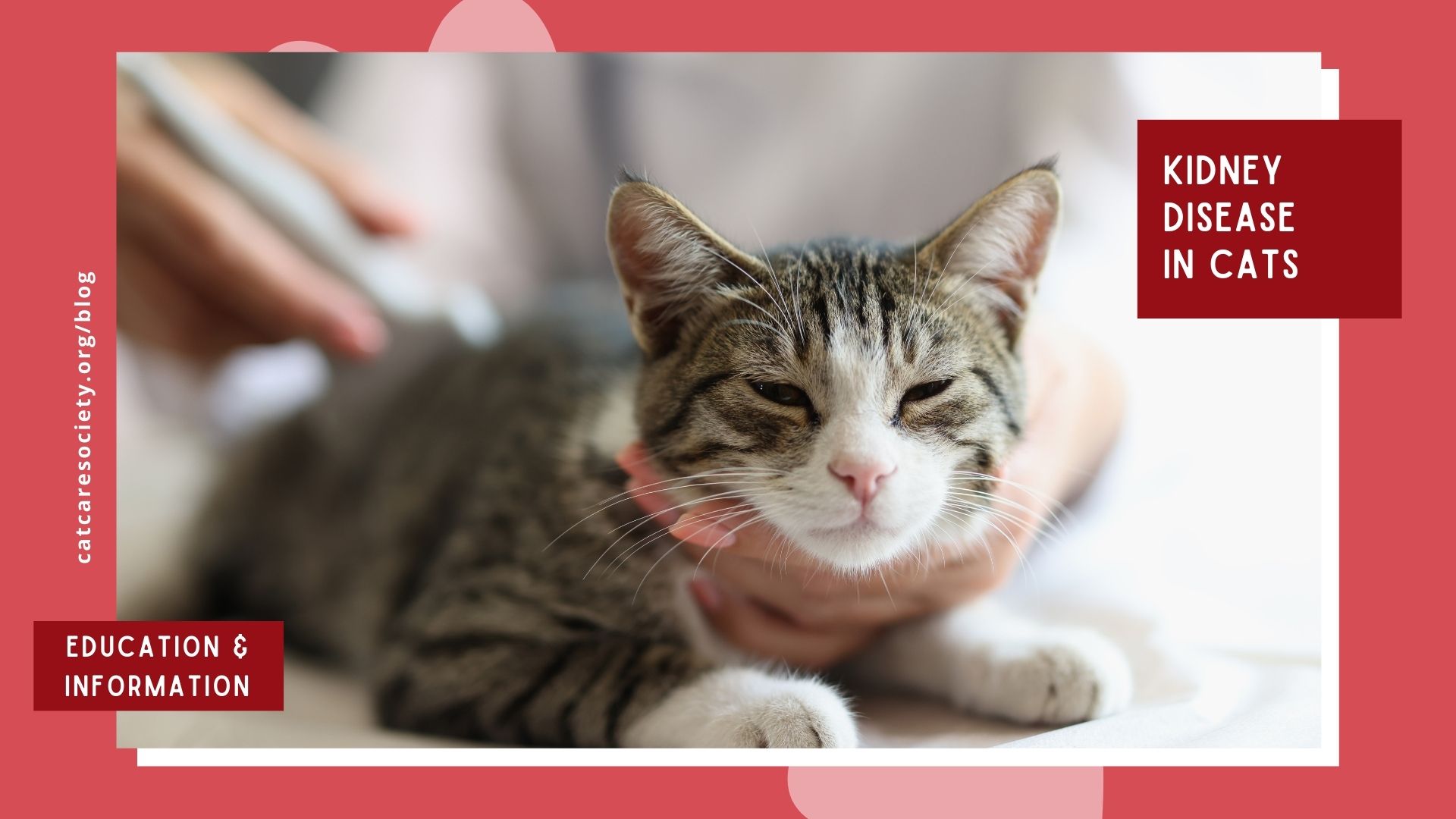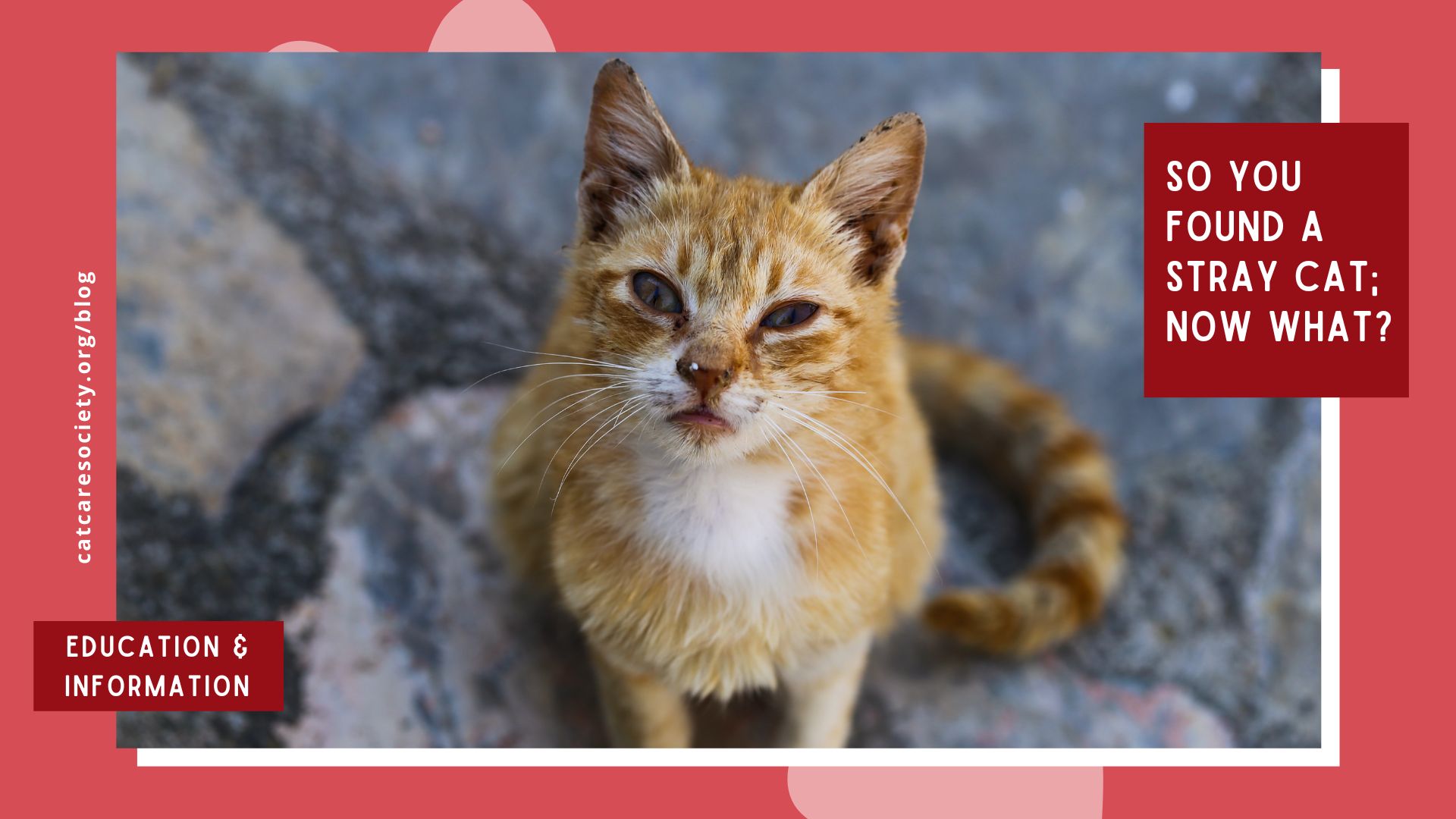September 28 is World Rabies Day, serving as an important reminder that although rabies is 100% fatal, it is also 100% preventable through proper administration of the rabies vaccine.
What is Rabies?
Rabies is a viral disease most often transmitted through the bite of a rabid animal. The rabies virus infects the central nervous system of mammals, ultimately causing disease in the brain and eventual death. The Centers for Disease Control and Prevention (CDC) predominantly receives reports of rabies cases in wild animals, including bats, raccoons, skunks and foxes. However, it is essential to note that any mammal, including both cats and humans, is susceptible to rabies.
Is a Rabies Vaccine Necessary for My Indoor Cat?
The short answer is yes! Not only do many counties and states mandate rabies vaccines, but there are also scenarios where your indoor cat could be exposed to rabies. For example, your cat may accidentally escape outside or an animal carrying rabies may unintentionally get inside your home.
This leads me to a brief personal story: One morning, I awoke to my two cats cornering a bat on the floor. I quickly got the bat outside, but I had no idea what sort of interactions my cats had with the bat while I was asleep. Being uninformed, I had let their booster shots lapse since they were strictly indoor cats, so I promptly took them in that day for their shots. The next several weeks were stressful as we continued to observe them for any signs of illness. I’ll never let their boosters lapse again!
It’s also worth noting that if your cat is unvaccinated and bites another person, there are serious risks to the animal and human — especially if there is any concern of potential rabies infection.
What Is the Rabies Vaccination Schedule for Cats?
Kittens receive their first shot around three to four months of age. Booster shots are generally administered every year up to every three years based on veterinarian guidance and/or legal requirements.
You can check current requirements in your state online. The AVMA also has a chart by state for 2023.
Can I Get an Exemption for My Cat Getting the Rabies Vaccine?
In some areas where rabies vaccines are mandated, the cat’s veterinarian can document the need for an exemption if the vaccine would compromise the cat’s health. In some locations, the exemption request may require approval by the local public health authority.
What Should I Do If My Cat Has Been Exposed to an Animal With Rabies?
Even if your cat’s rabies vaccine status is current, the CDC still recommends they get an additional booster immediately after potential rabies exposure. You’ll need to monitor them for up to 45 days for any signs or symptoms.
What Are the Signs and Symptoms of Rabies?
The first symptoms of rabies may include low energy, fever, vomiting and low appetite. Within days of exposure, weakness, paralysis, seizures, difficulty breathing, excessive salivation and aggression may occur.
Next Steps and Resources
Becoming informed about rabies is the first step. The next step is to take action, if needed. Please use our Resources & Info page to find emergency cat care and low-cost clinics. The page also provides contact details for various local animal control centers. These centers can be contacted if you spot wild animals displaying rabies symptoms. Finally, explore our other blog posts and sign up for our Mewsletter at the bottom of this page to stay informed on all the best ways to care for your cat companion(s)!
About the Author: Beth Dokolasa is a volunteer for Cat Care Society and served on the organization’s junior board. She is an instructional developer for Natural Grocers and lives in Indian Hills, Colo., with her husband, young daughter, and two cats, Techno and Digit.
This post was authored and edited according to Cat Care Society’s editorial standards and style. Opinions expressed may not necessarily reflect that of CCS.





